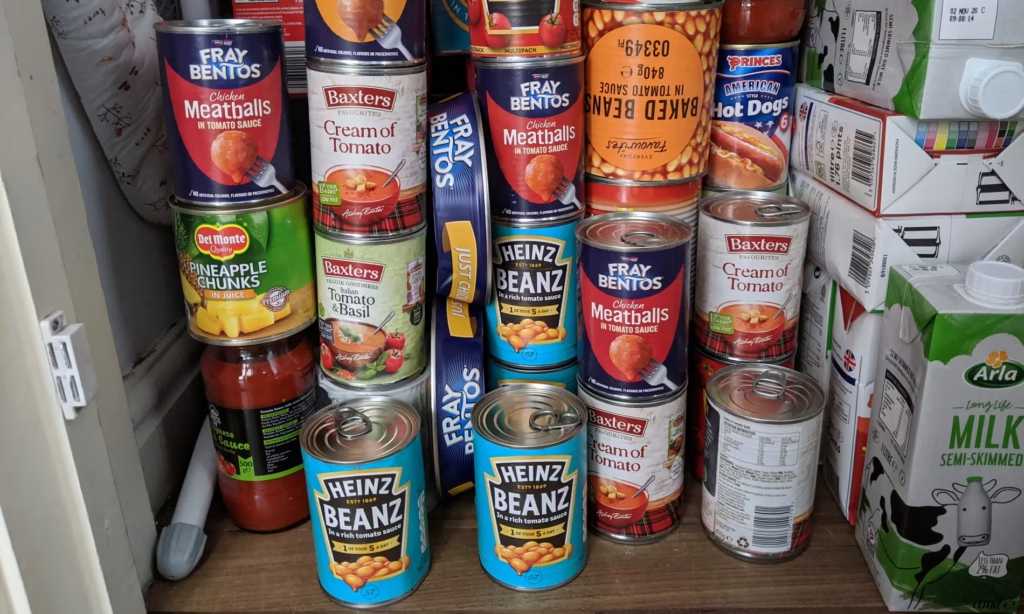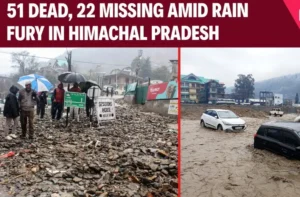In the wake of a recent missile strike and a stern warning from NATO to Russia, the European Union is calling on its citizens to stockpile essential supplies for at least 72 hours. This urgent recommendation comes as part of a broader crisis preparedness strategy, sparked by escalating geopolitical tensions that have raised fears of potential emergencies across the region.

The Incident: Missile Strike and NATO’s Warning
On [insert date], a missile strike rocked Europe, sending a clear signal of the growing instability in the region. The attack, combined with NATO’s subsequent warning to Russia, has heightened concerns about the possibility of further conflict. These events have jolted the EU into action, emphasizing the need for both governments and individuals to be ready for unexpected disruptions.
EU’s Call for a 72-Hour Stockpile
At the heart of the EU’s response is a practical directive: every citizen should prepare a 72-hour stockpile of essential supplies. This recommendation is designed to ensure that individuals can sustain themselves during the critical first three days of a crisis, when emergency services may be stretched thin, and access to food, water, and other necessities could be cut off. The EU advises including the following items:
- Non-perishable food: Canned goods, dried fruits, or energy bars
- Water: At least one gallon per person per day (three gallons total)
- Medications and first-aid supplies: Prescription drugs and basic medical items
- Tools: Flashlights, batteries, and a portable radio for updates
- Clothing and blankets: Warm layers to stay comfortable
- Hygiene essentials: Soap, toothpaste, and sanitary products
By having these supplies ready, families can weather the initial chaos of an emergency, giving authorities time to respond effectively.
Why 72 Hours Matters
The 72-hour timeframe isn’t arbitrary—it’s the estimated window during which emergency response systems mobilize and begin delivering aid. In the aftermath of the missile strike and amid NATO’s warning, the EU wants to ensure that its citizens aren’t left vulnerable during this period. This proactive step is a cornerstone of EU preparedness, empowering individuals to take control of their safety.
Strengthening Crisis Management with the EU Crisis Hub
Beyond individual action, the EU is bolstering its regional response by establishing a Crisis Hub. This new initiative will coordinate efforts across member states, ensuring that critical resources—like medical supplies and emergency equipment—are stockpiled and ready to deploy. The hub complements the 72-hour stockpile recommendation, creating a layered approach to crisis management that combines personal and governmental preparedness.







